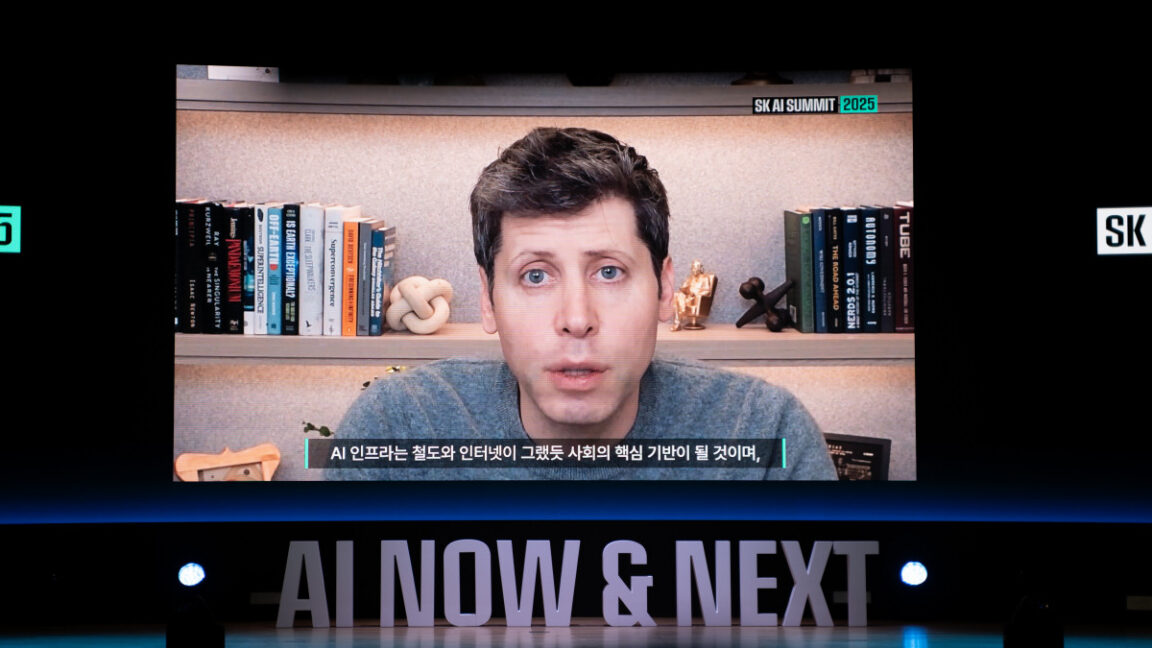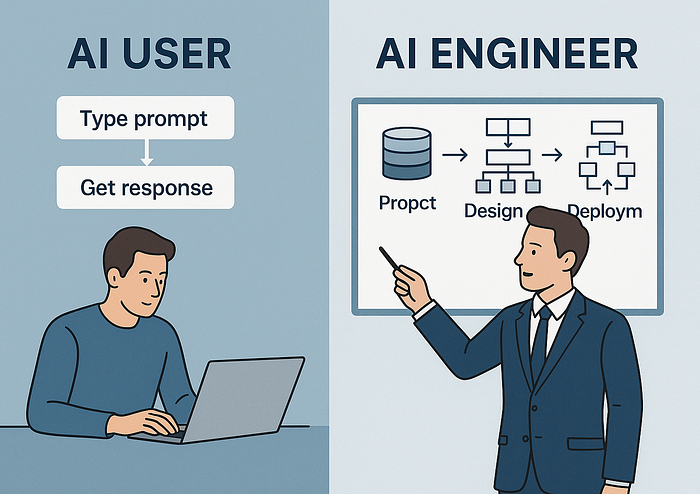Introduction to LM Arena
The LM Arena is a platform where chatbot models are pitted against each other to evaluate their performance. However, a recent study has raised concerns about the fairness of the arena, suggesting that private models like Gemini, ChatGPT, and Claude receive more promotion than open models.
The Study’s Findings
The study found that certain models, particularly those from Google and OpenAI, appear in arena faceoffs much more often, accounting for over 34 percent of collected model data. This means that firms like xAI, Meta, and Amazon are also disproportionately represented in the arena, giving them more access to valuable data to improve their models. On the other hand, teams focusing on open models consistently get less attention and data.
Suggestions for Improvement
The study authors have suggested several ways to make LM Arena more fair. These include limiting the number of models a group can add and retract before releasing one, and showing all model results, even if they aren’t final. This would help to correct the imbalance of privately tested commercial models and give open models a chance to shine.
Response from LM Arena
The operators of LM Arena have taken issue with some of the paper’s methodology and conclusions. They point out that the pre-release testing features have not been kept secret and that model creators don’t technically choose the version that is shown. Instead, the site simply doesn’t show non-public versions for simplicity’s sake. When a developer releases the final version, that’s what LM Arena adds to the leaderboard.
Moving Forward
Despite the disagreements, there is one area where the two sides may find common ground: the question of unequal matchups. The study authors call for fair sampling, which will ensure open models appear in Chatbot Arena at a rate similar to the likes of Gemini and ChatGPT. LM Arena has suggested it will work to make the sampling algorithm more varied, giving small players a chance to improve and challenge the big commercial models.
Potential Risks
As LM Arena continues to grow and attract investment, there is a risk that the platform may prioritize commercial models over open ones. This could lead to a lack of diversity in the models being developed and a focus on creating models that are designed to appeal to the masses rather than pushing the boundaries of what is possible. Furthermore, the use of "vibes" as a metric for evaluating models may lead to the development of models that are overly focused on being likable rather than being accurate or informative.
Conclusion
The study’s findings highlight the need for greater transparency and fairness in the LM Arena. By implementing changes such as fair sampling and showing all model results, the platform can help to level the playing field and give open models a chance to succeed. As the development of chatbot models continues to evolve, it is essential to consider the potential risks and ensure that the focus remains on creating models that are accurate, informative, and diverse.
FAQs
- What is LM Arena? LM Arena is a platform where chatbot models are pitted against each other to evaluate their performance.
- What were the study’s findings? The study found that private models like Gemini, ChatGPT, and Claude receive more promotion than open models.
- What changes have been suggested to make LM Arena more fair? The study authors have suggested limiting the number of models a group can add and retract before releasing one, and showing all model results, even if they aren’t final.
- How has LM Arena responded to the study’s findings? The operators of LM Arena have taken issue with some of the paper’s methodology and conclusions, but have suggested they will work to make the sampling algorithm more varied.
- What are the potential risks of the LM Arena’s current approach? The use of "vibes" as a metric for evaluating models may lead to the development of models that are overly focused on being likable rather than being accurate or informative.











